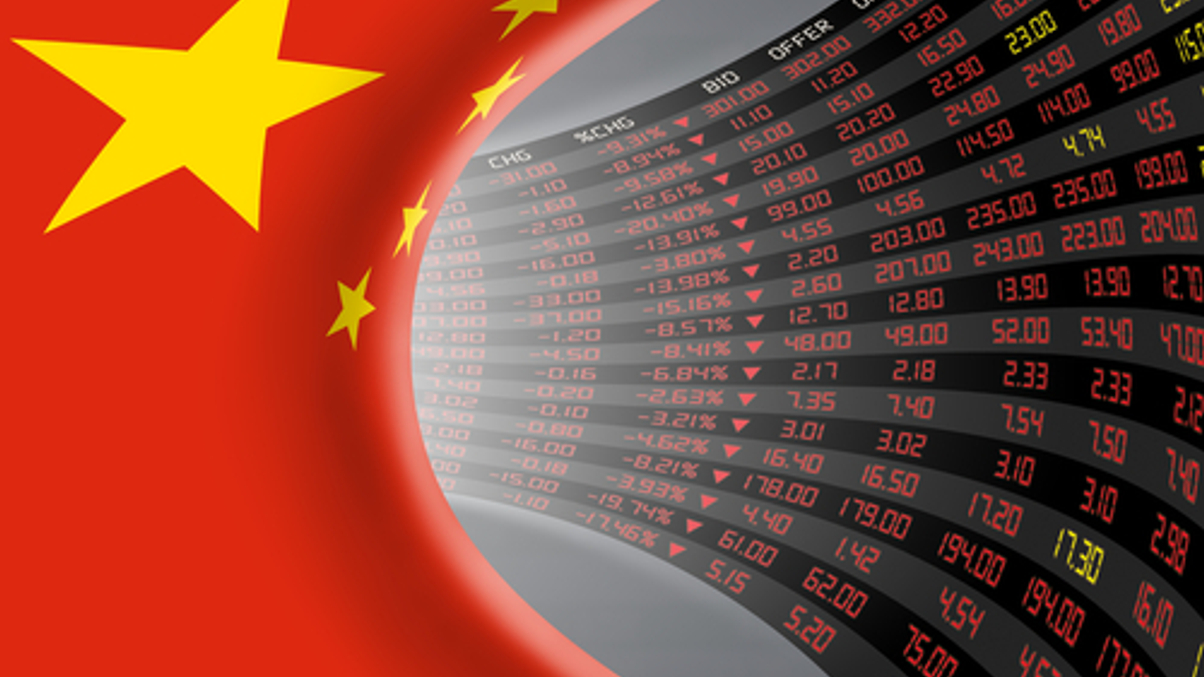China ups Stock Connect quotas ahead of MSCI entry
China is quadrupling the quota limits on its Stock Connect programmes to minimise the potential for mishaps once MSCI begins to include A-shares in its indices in June.

China is set to quadruple the daily quota on the Hong Kong-Shanghai and Hong Kong-Shenzhen stock link schemes from May 1 to help ensure everything runs smoothly once MSCI’s partial inclusion of A-shares in its emerging markets index starts in June.
Sign in to read on!
Registered users get 2 free articles in 30 days.
Subscribers have full unlimited access to AsianInvestor
Not signed up? New users get 2 free articles per month, plus a 7-day unlimited free trial.
¬ Haymarket Media Limited. All rights reserved.


